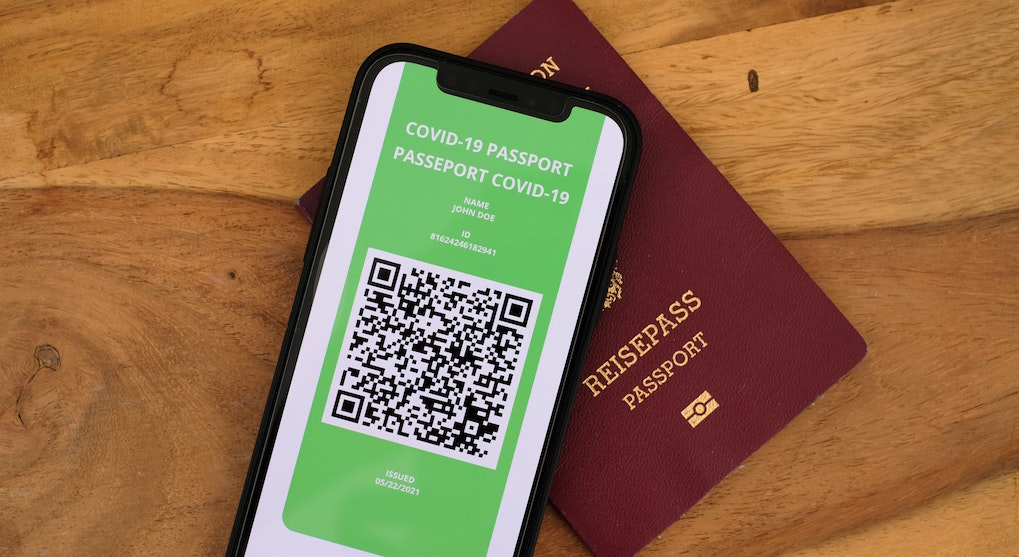Earlier this month, I had what felt like two heart attacks in the same morning. Ontario used the national Amber Alert system to advise all mobile phone owners of the new stay-at-home order. The sound of the alert is startling, which is the point, of course.
On their website, Alert Ready advises that it is Canada’s emergency alerting system. It delivers critical and potentially life-saving alerts to Canadians through television, radio and LTE-connected and compatible wireless devices. It broadcasts warnings about fire, natural, biological, hazardous, environmental, terrorist and civil disasters.
Similar to the Amber Alert system for missing and abducted children, its goal is to ensure Canadians receive alerts immediately and know when to take appropriate action. The alert system was developed with many partners, including federal, provincial and territorial emergency management officials. It is one of the few Canada-wide systems with buy-in from a wide variety of agencies concerned with an aspect of the health of Canadians.
The COVID-19 pandemic has once again highlighted the need for coordinated actions in times of health crises. Talk of COVID-19 vaccine passports is part of the current pandemic discussion. Yet the status of shared information even within a province or territory is dismal. Across jurisdictions, it is even less so.
Shared health-care and medical data includes physicians’ visits, hospital visits, prescription drug history, laboratory testing, vaccinations, and outpatient/home/clinic ancillary health-care visits. And that’s just the beginning. It can also highlight allergies and chronic conditions. At this time, only Alberta and Nova Scotia have fairly comprehensive health-care databases.
In those provinces, each time a patient interacts with the health-care system, the information is registered in an electronic health record that allows other health-care providers to access the most current information.
Gone are the days of rifling through thick paper patient charts that are often incomplete, inaccurate, or both. Such charts don’t tell providers if the patient has had, for example, a COVID-19 test or vaccine. They don’t advise that one physician prescribed a drug that might adversely react with another prescribed by a different health-care provider. They don’t spell out underlying health issues and chronic conditions. They do not offer search features or compile summaries relating to specific issues.
The COVID-19 pandemic has emphasized the need for Canada-wide approaches to the health of the population. Unfortunately, this national approach is only aspirational at this time. Why? First, there is the division of responsibilities between the federal and provincial/territorial governments. The five principles of the Canada Health Act seem clear-cut:
- Universality of coverage.
- Portability of coverage.
- Reasonable accessibility to services.
- Comprehensiveness of services.
- Public administration.
The act is an insurance guide; it spells out a limited number of services that must be covered by public insurance, like physician visits and hospitalization in a public ward of an acute-care setting. But beyond that, generally each jurisdiction sets its own additional coverage. One province/territory might include dental services. Another might cover ambulance services. A third might pay for drug coverage. And another might provide midwifery or physiotherapy. Or not.
Does the federal government have the authority to force provinces/territories to have automated health-care databases? Unlikely under the Canada Health Act. Yet without the buy-in of these jurisdictions, the likelihood of creating a Canada-wise system is even more remote. Remember the long-gun registry? It is a relatively recent example of a federal attempt to create a national system through legislation. This was a distinct act of Parliament, making it subject to political will. With a change of government, the registry was abandoned and the data destroyed.
In addition to differences in coverage, a national health-care database raises many red flags. First, there is the issue of confidentiality. Should all types of health-care providers have access to a patient’s records for both input and information purposes? Should family members have access? Across the country, there is no consistency about the age of consent; it is 18 in six jurisdictions and 19 in others. Should some procedures be considered personal, even if the patient is below the age of consent?
What about private insurance companies? Already, the Supreme Court of Canada passed the Genetic Non-Discrimination Act to protect people from being forced to take genetic tests, for example to determine inheritance of a genetic defect that predisposes them to breast or prostate cancer. Or that detects the likelihood of certain birth defects. The act also prevents insurance companies from discriminating against those who have had such testing, regardless of the result.
Automated health-care records are available through private software corporations, many of which are foreign companies. What guarantees exist to protect data breaches from these providers?
International treaties already give the U.S. the right to some health-care data belonging to Canadians. B.C., for example, contracts with an American company to handle its health-care insurance systems. Ontario faced a billion-dollar debacle when it tried to develop an electronic health-record system in the early 2000s.
All of which suggests that the development of a COVID-19 passport is a long way off.
Evelyn H. Lazare is a retired health-care planner, strategist and executive. Currently living in Ottawa, she now devotes her writing primarily to novels.
Image credit: Lukas/Unsplash




